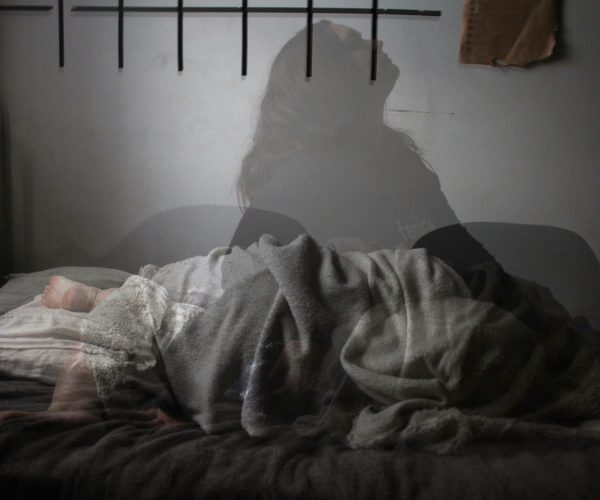Better Sleep During Menopause: Yes, Really

Sleep Disruptions: The Insomnia Edition
Sleep problems go hand-in-hand with menopause symptoms. It’s not just the night sweats – your brain decides it’s a good time to play 3am mental ping-pong. “Did I lock the back door? Did I remember to send that email? Wait, what day is it?” If this sounds familiar, you’re experiencing one of the most common symptoms of menopause.
What Happens:
- Trouble falling asleep or staying asleep
- Waking up multiple times during the night
- Tossing and turning like you’re trying to get comfy on a bed of rocks
This symptom can often be worsened by hot flushes and night sweats, but hormonal changes can mess with your body’s sleep cycles too. It’s like your circadian rhythm is on strike.
What You Can Do:
Stick to a regular sleep schedule
As tempting as it is to scroll late or stay up binge-watching that one show (you know the one), your body thrives on routine—especially during menopause. Try going to bed and waking up at the same time each day, even on weekends. It helps regulate your internal clock and makes it easier to actually stay asleep once you drift off. Your future, better-rested self will thank you.
Limit screen time before bed (yes, that means the phone, too)
I know, I know—your phone is your lifeline. But that blue light messes with your melatonin (a.k.a. your sleep hormone), making it harder to wind down. Try swapping screens for a book, a bath, or a bit of journaling. Even 30 minutes of tech-free time before bed can make a big difference. Put the phone down and back away slowly.
Try relaxing teas like chamomile
Herbal teas like chamomile, lemon balm, or valerian root can help calm the mind and prep your body for rest. Make a little ritual out of it—light a candle, sip slowly, and give yourself permission to unwind. Just skip the caffeine or sugary drinks in the evening unless you fancy being wide awake at 2am replaying that one awkward thing you said in 1998.
Bonus tip: Create a calming sleep space
Think cool, dark, and quiet. Invest in blackout curtains, a white noise machine (or a fan!), and ditch anything that overstimulates. Make your bed a place your brain associates with calm and rest—not a late-night worry zone.
